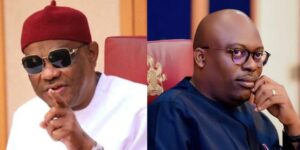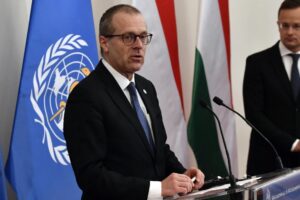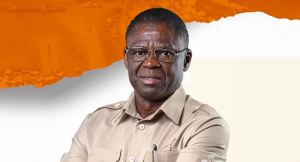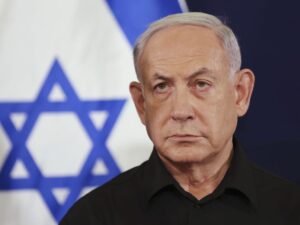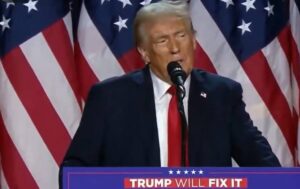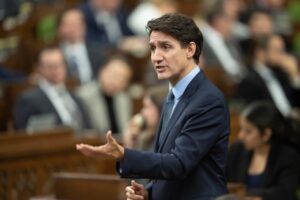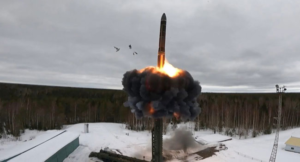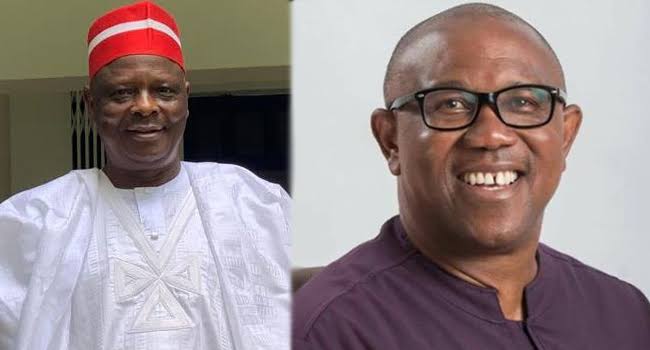
The institutes said the emergence of Obi and Kwankwaso has changed the political dynamics that defined previous elections in Nigeria.
A delegation of United States-based National Democratic Institute (NDI) and International Republican Institute (IRI) has projected that the emergence of Peter Obi and Rabiu Kwankwaso may force the 2023 election into a rerun.
Obi will be flying the Labour Party banner, while Kwankwaso is the flag-bearer of New Nigeria People’s Party (NNPP) in the 2023 presidential election.
The two third force candidates have continued to garner massive followership; with Kwankwaso attracting more supporters in Kano and other neighbouring states in the North West, while a large portion of the young population continue to push Obi’s case, particularly on social media.
The delegation made this projection while presenting its first joint pre-elections assessment statement to journalists in Abuja on Friday, 22, 2022.
It said that “if a third party draws sufficient support, a runoff presidential election could be a real possibility for the first time since the transition to democracy, adding complexity to the 2023 elections.”
The organisation maintained that the 2023 elections present a significant opportunity to consolidate Nigeria’s democracy, especially since the 2022 Electoral Act enjoys a wide stakeholder support and has elevated public confidence in the commitment of the Independent National Electoral Commission (INEC) to deliver elections next year.
The statement read in part, “The 2023 elections are a departure from some of the political dynamics that defined previous polls. For the first time since 2007, the presidential election will be an open contest with no incumbent. The ruling All Progressives Congress selected former Lagos governor, Bola Tinubu, as its flag-bearer. Former Vice President and 2019 presidential candidate, Atiku Abubakar, will contest on the ticket of the Peoples Democratic Party.
“However, the emergence of Peter Obi — former Anambra State governor and presidential candidate for the Labour Party and Rabiu Kwankwaso former Kano governor and presidential candidate for the New Nigeria People’s Party as viable “Third Forces” has excited many young Nigerians.
“If a third party draws sufficient support, a runoff presidential election could be a real possibility for the first time since the transition to democracy, adding complexity to the 2023 elections.”
The institutes also added that the 2022 Ekiti and Osun governorship elections, the first elections conducted by INEC since the passage of the revised electoral law, indicated the positive impact of the initiatives by the electoral umpire since to improves results’ transparency against 2019.
It said measures such as the introduction of the INEC Result Viewing Portal and elimination of voting points, and adoption and proper configuration of the Bimodal Voter Accreditation System for voter accreditation has quickened the voting process and reduced tensions in polling units.
The recent surge in voter registration numbers and increased voter turnout in the 2022 Osun polls, especially among young people, point to a renewed interest in political participation among Nigerians. However, there are questions about whether the 2022 Electoral Act will be fully implemented and whether political parties will take advantage of this increased enthusiasm to engage Nigerians on issues that matter to them. There are also questions about whether these new technologies IReV and BVAS will perform at the same level when scaled up for the national elections”, the organisations said.

